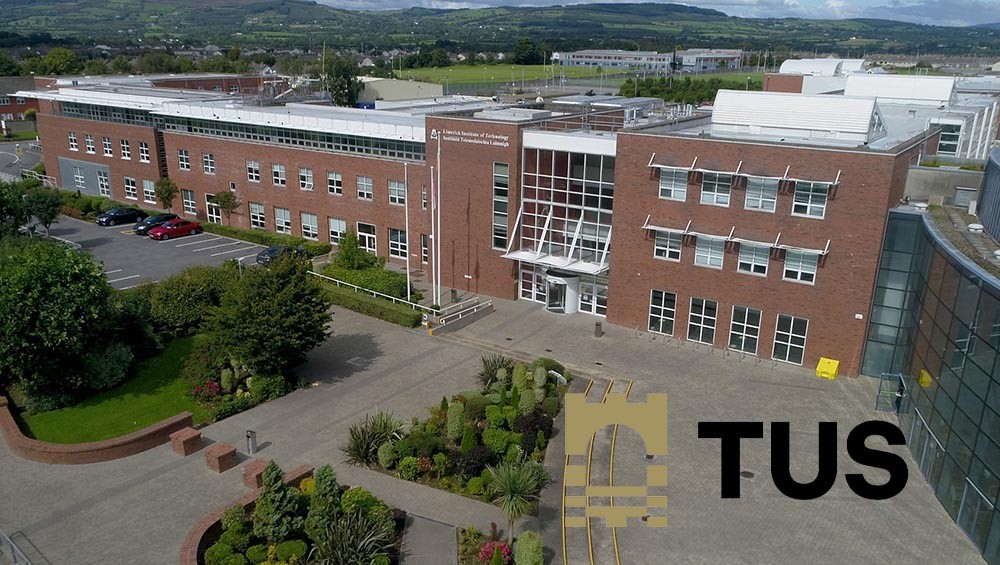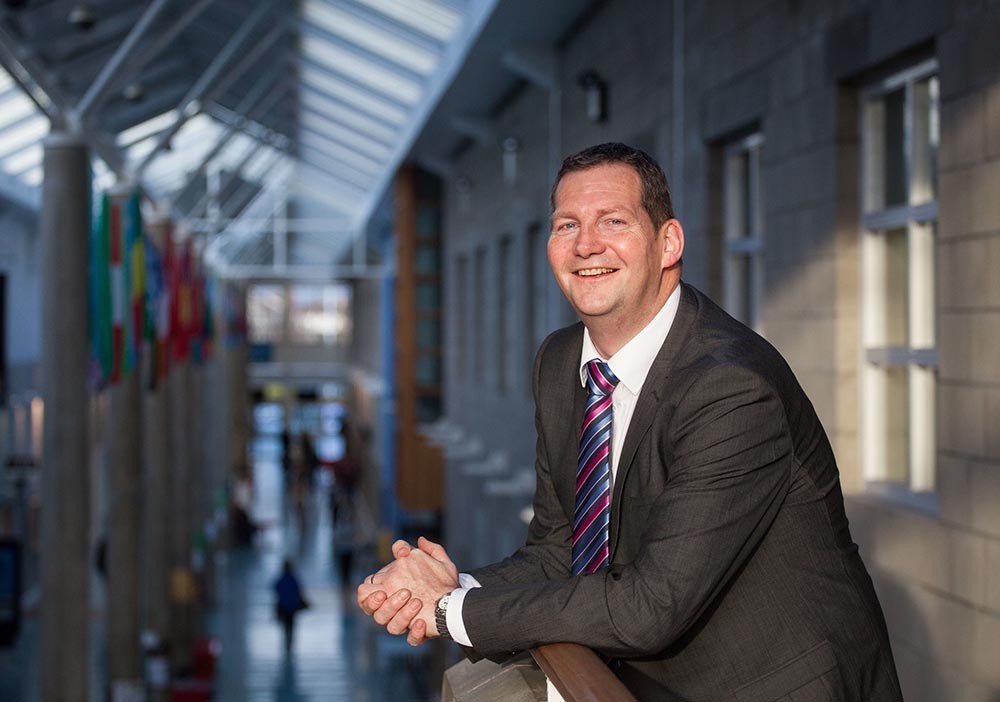
The allocation of almost €450,000 to TUS (Technological University of the Shannon) as a member of RUN-EU (European Regional University Network)*, one of seven European University Alliances, will help plot a course to implement a shared, integrated, and long-term joint strategy for the new technological university and its partner universities.
That was the message from TUS Vice President Research, Development & Innovation Dr Liam Brown who welcomed the announcement of the €442,000 funding by Minister for Further and Higher Education, Research, Innovation and Science, Simon Harris on behalf of the HEA (Higher Education Authority).
A flagship initiative of the European Union, the ambition is to build a European Education Area and European Research Area with the assistance of European University alliances – including RUN-EU. These alliances will help create a European inter-university ‘campus’, where students, staff and researchers enjoy seamless mobility (physical, virtual or blended) to study, train, teach, do research, work or share services at cooperating partner institutions.

Dr Brown explained, “The RUN-EU long term vision places innovative teaching, learning, research and engagement at the centre of the alliance activities and plots a course to implement the shared, integrated, and long-term joint strategy of the European Universities, with students at the centre. Today’s funding will help us further along this journey.”
“The RUN-EU alliance contributes to the European Higher Education Area goals of enhanced mobility opportunities and recognition of qualifications across the EU through the design and delivery of collaborative European degrees, educational opportunities and the promotion of a strong sense of European identity, culture, and citizenship. This will ultimately deliver for all stakeholders and addresses the skills of the future for our employers,” he added.
TUS Head of Research Dr Patrick Murray outlined the benefit of RUN-EU not only to TUS, but the region, country and Europe as a whole.
“RUN-EU fosters the free movement of researchers, scientific knowledge and innovation bringing together a new generation of creative Europeans, whereby ‘learning, studying and doing research’ enables our staff and students to cooperate across borders, languages, and disciplines, contributing to a more competitive European industry,” he said.
